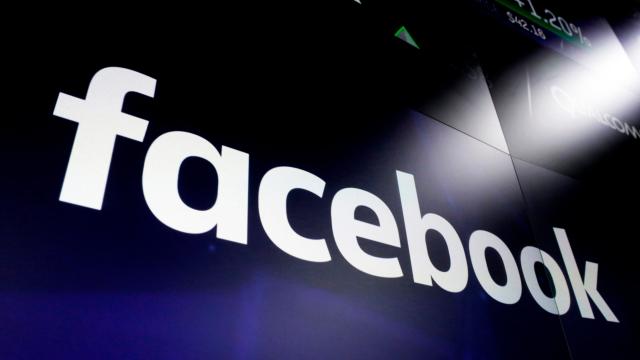The US Senate Banking Committee is set to scrutinise Facebook’s cryptocurrency ambitions at a hearing set for July 16, Reuters reported on Wednesday, in yet another sign that legislators are extremely wary (to put it mildly) of the company’s shift into global financial services.
According to Reuters, the hearing will “explore” the Libra project “as well as any data privacy considerations it may raise.” (Facebook insists that it will not use Libra payment data for ad targeting purposes.)
While no witnesses have been formally announced, a source told Reuters that Facebook’s point man on blockchain, David Marcus, can be expected to testify at the hearing.
Per Reuters:
In May, the leaders of the Senate Banking Committee wrote to Facebook seeking information on rumours of its cryptocurrency project, and how it would protect consumer information.
On Tuesday, a Facebook representative said the company looked forward to answering lawmaker questions. The company did not immediately respond to a request for comment on the July 16 hearing.
Facebook is working with 27 partners on the project, and its subsidiary Calibra is set to launch a Libra wallet on Messenger, WhatsApp, and another standalone app in 2020.
The company is probably positioning itself to dominate in countries like India, which leads the world in remittances at an estimated $US80 ($116) billion in 2018, as well as other nations where banking and money-transfer services often come with exorbitant fees. (One advantage is that in many of these places, Facebook serves as the primary portal to the internet for millions of people.)
Facebook says that Libra will have little to no fees; instead, the cryptocurrency will be backed by user assets sitting in a reserve fund that generates interest for partners.
As Gizmodo’s Patrick Howell O’Neill writes, Facebook also claims that the system at scale will eventually be owned by its users, though it has not clearly explained how that will happen:
Facebook’s first blockchain project is governed by the non-profit Libra Association based in Geneva and no member, not even Facebook, can have over 1 per cent of the voting power. Open access allows anyone to participate by being a user, developing applications for Libra, or running a business on it.
Facebook says the Libra blockchain is aimed to eventually be “permissionless” so that anyone could become involved in governance, maintenance, and control of the system. But it will start off permissioned, and there is really no roadmap to the stated end-goal of a permissionless blockchain except for the end-goal itself.
If Libra becomes wildly popular and is very profitable, the incentive may be to remain permissioned and limited to a fixed number of member-owners. Clearly the aspiration is to avoid this, but is there any mechanism in place to counter that incentive/temptation?
— Jerry Brito (@jerrybrito) June 18, 2019
Facebook may be in for a rough audience: The company has been plagued with years of never-ending scandals ranging from privacy screwups and its platform’s use in election interference to allegations of complicity in genocide.
The top Democrat on the Senate committee, Senator Sherrod Brown, tweeted earlier this week that “Facebook is already too big and too powerful, and it has used that power to exploit users’ data without protecting their privacy. We cannot allow Facebook to run a risky new cryptocurrency out of a Swiss bank account without oversight.”
Representative and House Financial Services Committee chair Maxine Waters has announced similar hearings as well as called for a moratorium on the project’s development until legislators have a chance to review any regulatory issues that may arise as part of the project.
She was joined by ranking Republican member Representative Patrick McHenry, who wrote in a statement that there were “open questions as to the scope and scale of the project and how it will conform to our global financial regulatory framework,” as well as that it could have a “potential unprecedented impact on the financial system.”
According to the Verge, a Facebook spokesperson said the company will respond to legislator’s concerns, but that it will not be halting development of Libra.
[Reuters]
